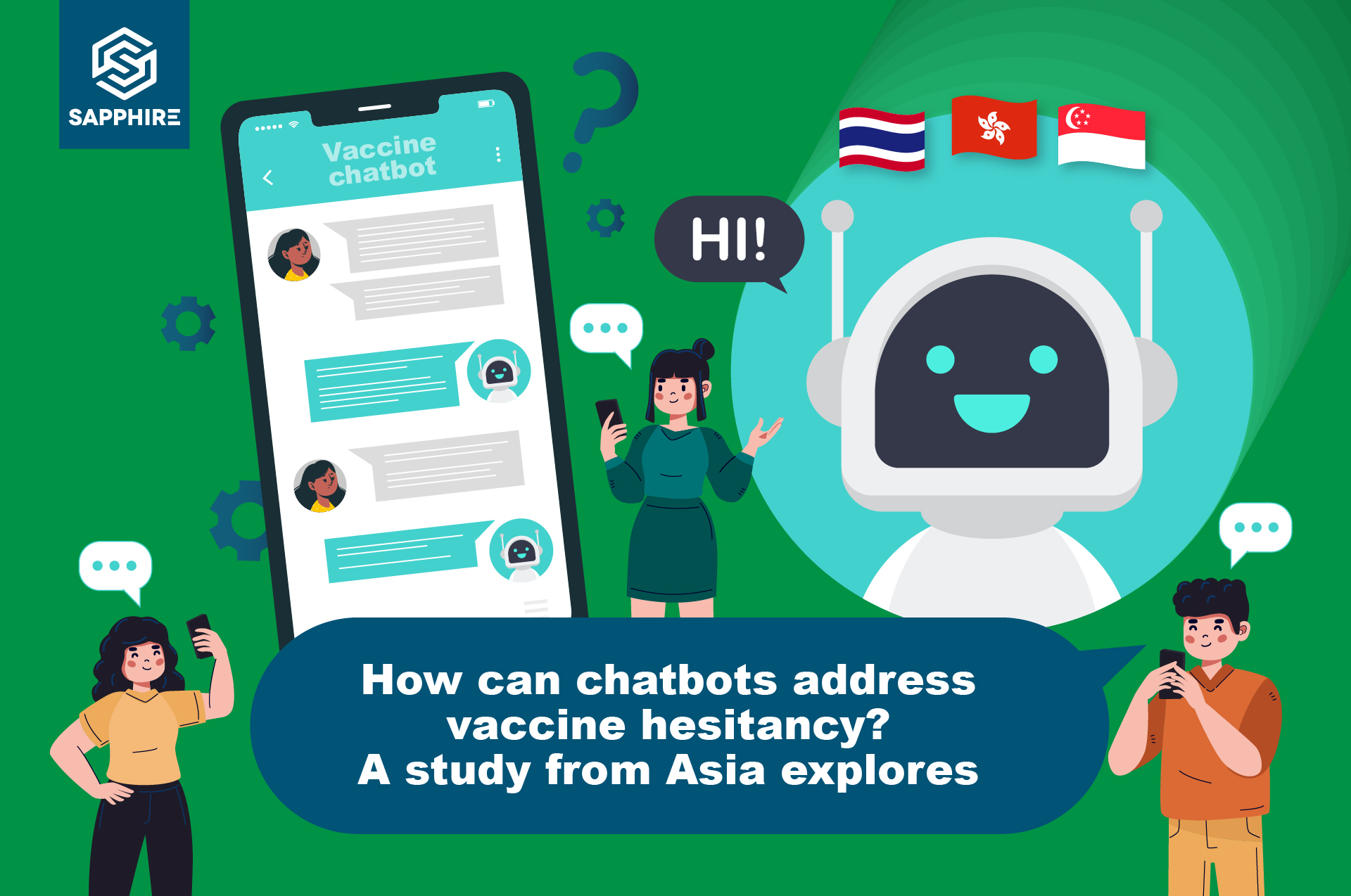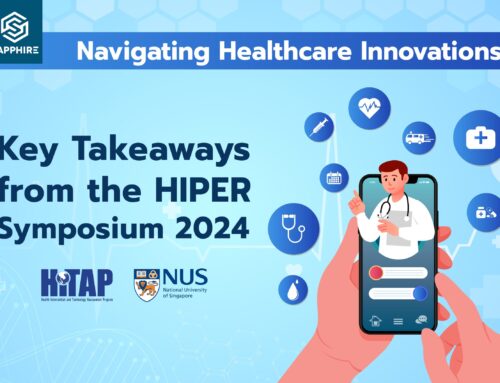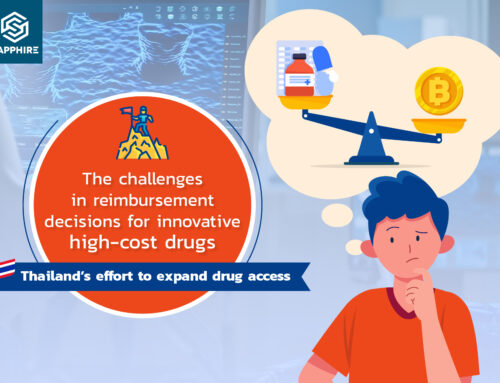
Vaccines have been a game-changer in the fight against COVID-19. Yet, vaccine hesitancy has impeded its uptake, impacting public health efforts. At the outset of the pandemic, people had doubts about this unfamiliar virus and subsequently, the vaccine: misinformation, rumours, and doubts about COVID-19 and vaccines spread globally. Vaccine hesitancy is not a new phenomenon and even before the COVID-19 pandemic, it was identified as one of the global health threats in 2019 by the World Health Organisation (WHO)1.
One approach to address vaccine hesitancy is by using a conversational artificial intelligence (AI), or a “chatbot,” a tool that can answer people’s limitless queries related to COVID-19 or COVID-19 vaccines. COVID-19 chatbots have been created around the world with the aim of countering misinformation and increasing vaccine uptake. For example, the ‘Corowa-kun’ cartoon dog LINE chatbot was created in Japan, where trust in vaccines is among the lowest globally2,3, and the ‘RBC-Mbaza’ a chatbot from Rwanda, which provides up-to-date information on incidence rates, current regulations, and more4.
To better understand the effectiveness of chatbots on vaccine confidence and uptake, a multi-country, randomised control trial (RCT) is being conducted in Hong Kong, Singapore, and Thailand to study COVID-19 vaccine chatbots. The study is being led by Hong Kong University (HKU), Hong Kong; the London School of Hygiene and Tropical Medicine (LSHTM), the National University of Singapore (NUS), Singapore; and the Health Intervention and Technology Assessment Program (HITAP), Ministry of Public Health (MoPH) in Thailand. The overall study is supported by the Vaccine Confidence Fund (VCF) and HITAP is supported by the Access and Delivery Partnership (ADP).
As part of the study, the teams were also involved in supporting the development of the chatbot. In Thailand, HITAP is collaborating with ThaiHealth on using the “ChatSure” chatbot for the study. “ChatSure”, a Facebook Messenger chatbot was developed from a joint effort of the MoPH, the Thai Health Promotion Foundation (ThaiHealth), Facebook Thailand, the International Health Policy Program, and National Vaccine Institute (NVI) as well as Hbot. Users can start a conversation with ChatSure by going to the Social Marketing Thaihealth by สสส. Facebook page, clicking “Message”, and selecting “Get Started”. ChatSure works on infodemic management by addressing misinformation and inquiries about fake news, latest COVID-19 developments, and rumor reporting, in addition to encouraging vaccine uptake. The chatbot provides reliable and credible information for users who may have previously received misinformation online or via social networks. ChatSure covers several COVID-19 related topics, for example general information on COVID-19, COVID-19 vaccines, vaccination in children, and concerns about physical health and mental health.
For the RCT in Thailand, participants of the study were recruited from two populations: parents of children aged between 5-11 years, and children or grandchildren of adults aged 60 years old and over. The study is still ongoing, but early analyses indicate that ChatSure users are reporting improved perception of vaccine effectiveness in children and elderly. Results on the study from all three settings are forthcoming and will be disseminated upon completion.
With the many questions and concerns about COVID-19 and vaccines among people during the pandemic, having face-to-face conversation or hotlines to answer individual questions might be challenging and complicated. A chatbot can address these individual concerns anywhere and at any time. However, due to the fluidity of the COVID-19 phenomenon, it is important that chatbots are regularly updated to provide accurate information. This approach can be expanded to other diseases or health-related concerns to provide people with reliable information. Lessons learned from the experience of using chatbots during COVID-19 could also be applied to rapid development of chatbots to address pandemics or disease outbreaks in the future.
Additional links:
Access the ChatSure platform here: https://www.facebook.com/socialmarketingth
Watch a presentation on the study by Dr. Joseph Wu, Hong Kong University, at the webinar recording of “Vaccine Chatbots: The role of AI in driving demand”: https://www.insightsdialogue.org/vaccine-chatbots-the-role-of-ai-in-driving-demand%EF%BB%BF/
References:
- World Health Organization. (n.d.).Ten health issues who will tackle this year. World Health Organization. https://www.who.int/news-room/spotlight/ten-threats-to-global-health-in-2019
- Swift, Rocky. Cartoon dog pitches COVID vaccines to skeptical Japanese public. 12 February 2021. https://www.reuters.com/business/healthcare-pharmaceuticals/cartoon-dog-pitches-covid-vaccines-sceptical-japanese-public-2021-02-12/
- Kobayashi, T. et al. Corowa-kun: Impact of a COVID-19 vaccine information chatbot on vaccine hesitancy, Japan 2021. M30 May 2021. doi:https://doi.org/10.1101/2021.05.26.21257854 https://www.medrxiv.org/content/10.1101/2021.05.26.21257854v1.full
- Mbaza – The chatbot giving access to COVID-19 information throughout Rwanda. European Commission. 02 December 2021.https://ec.europa.eu/international-partnerships/projects/mbaza-chatbot-giving-access-covid-19-information-throughout-rwanda_en



